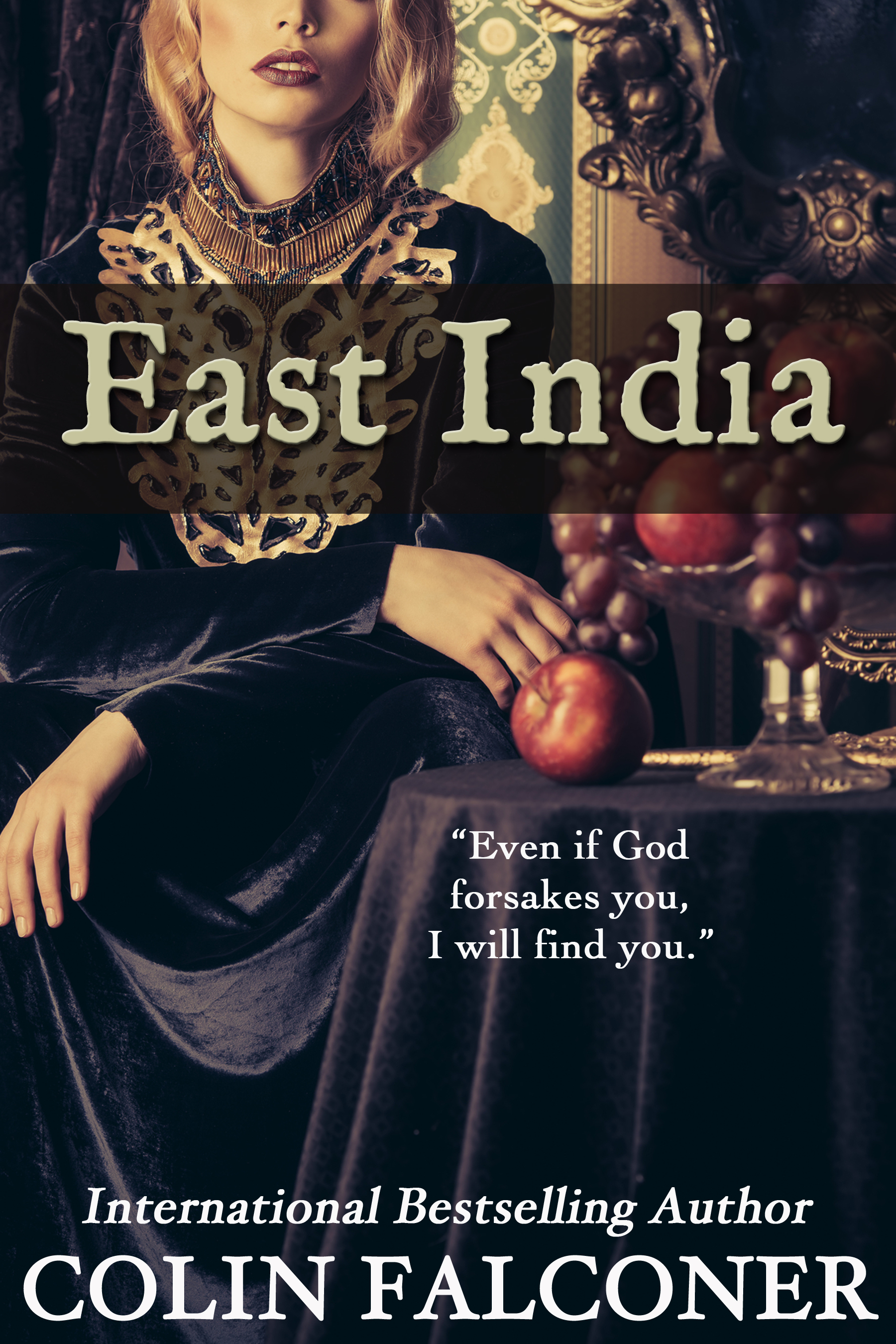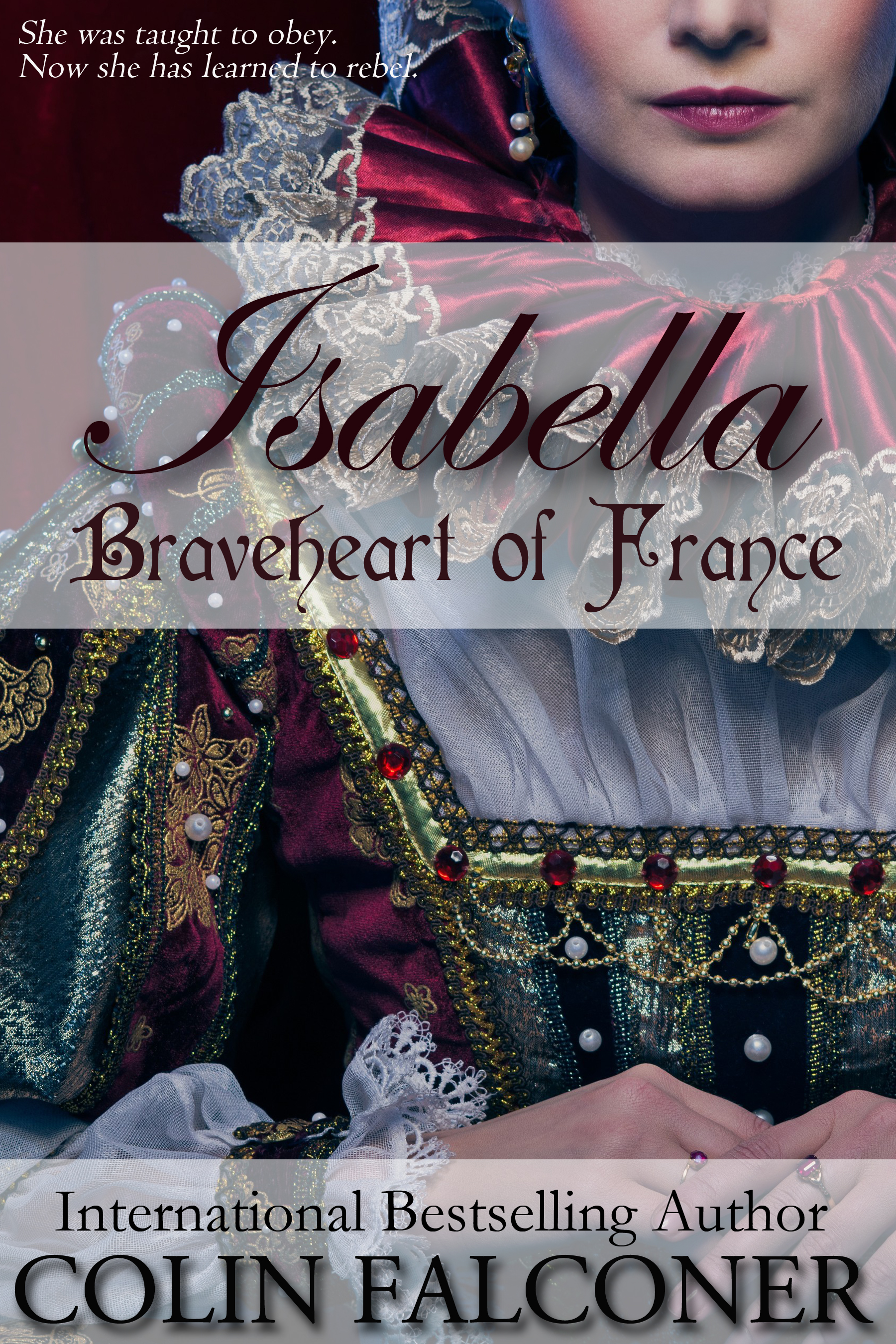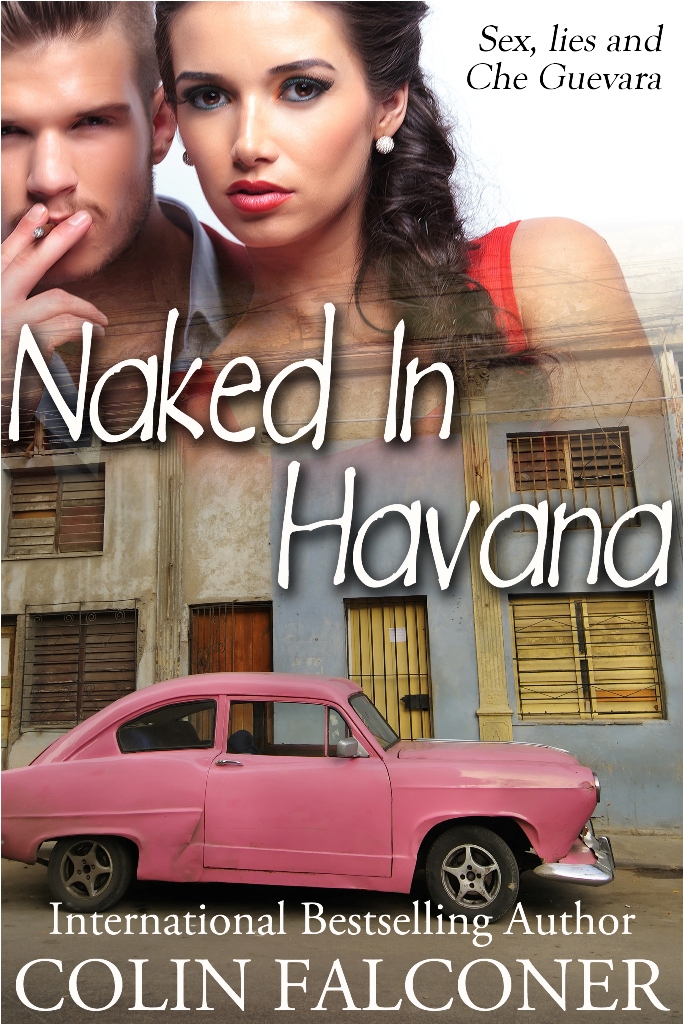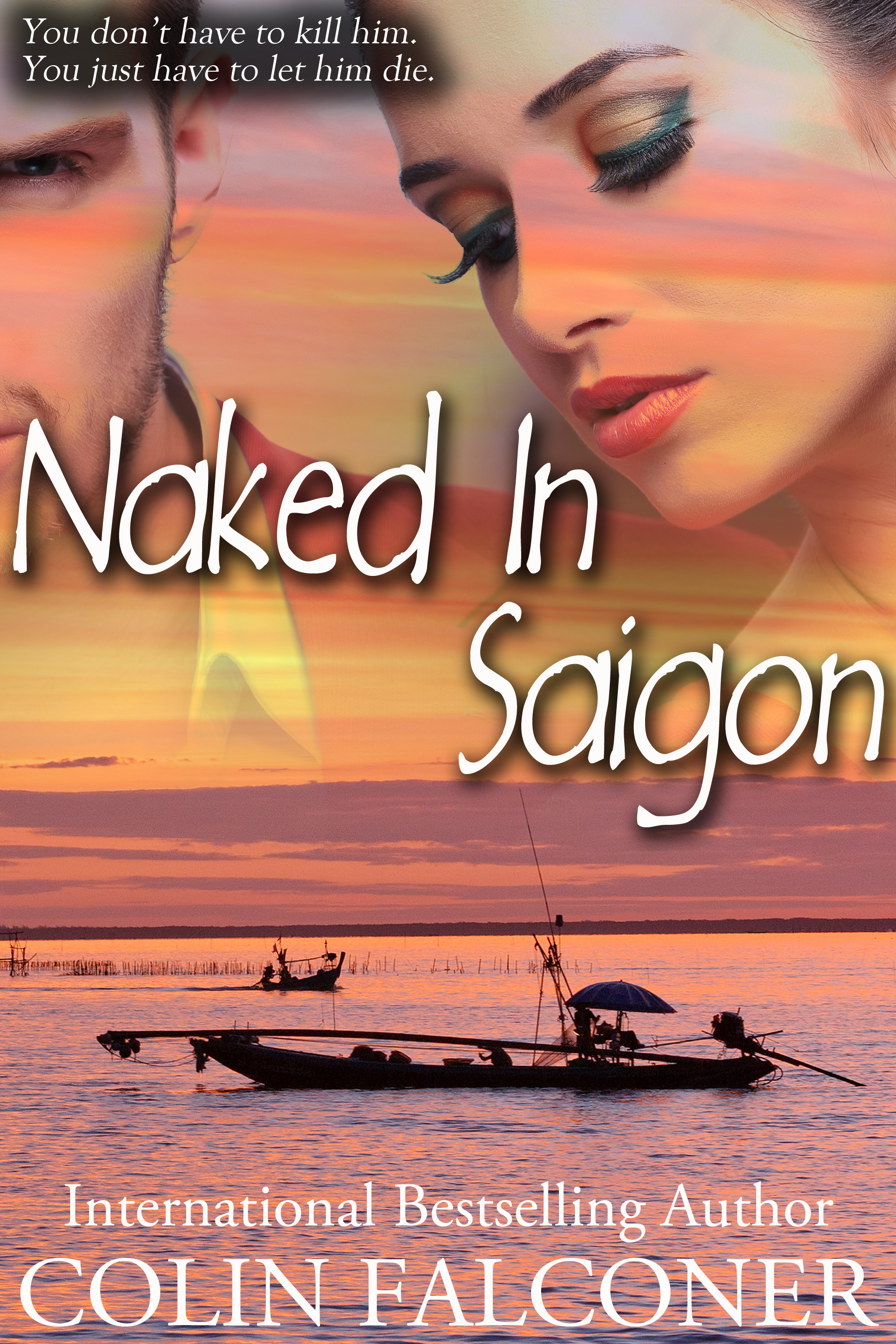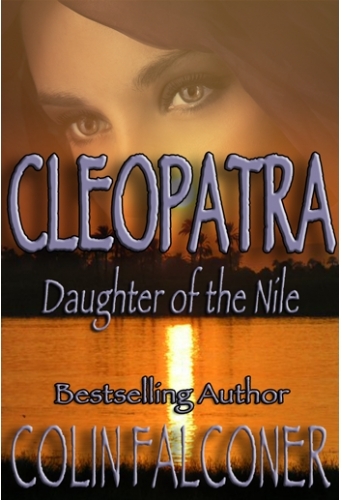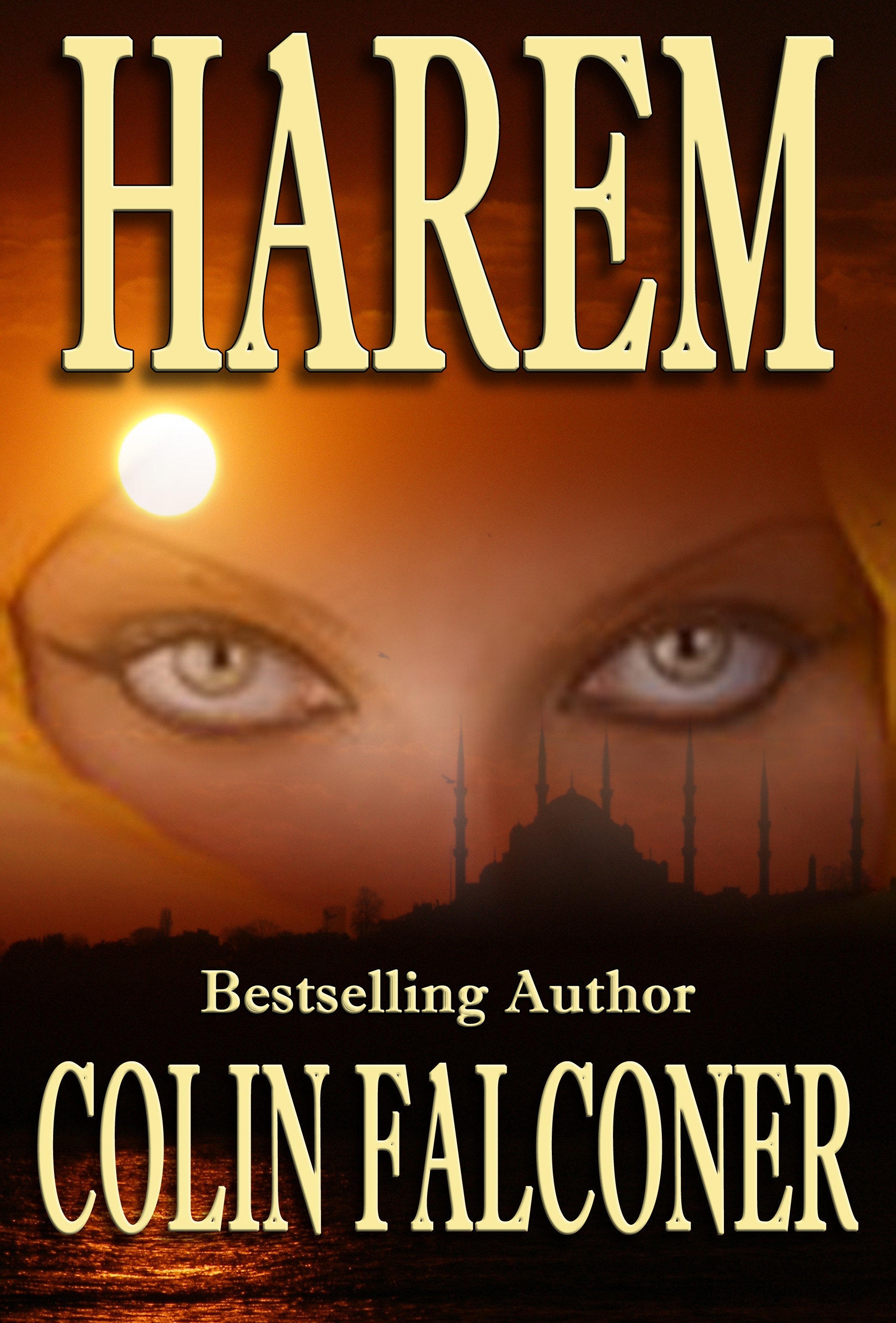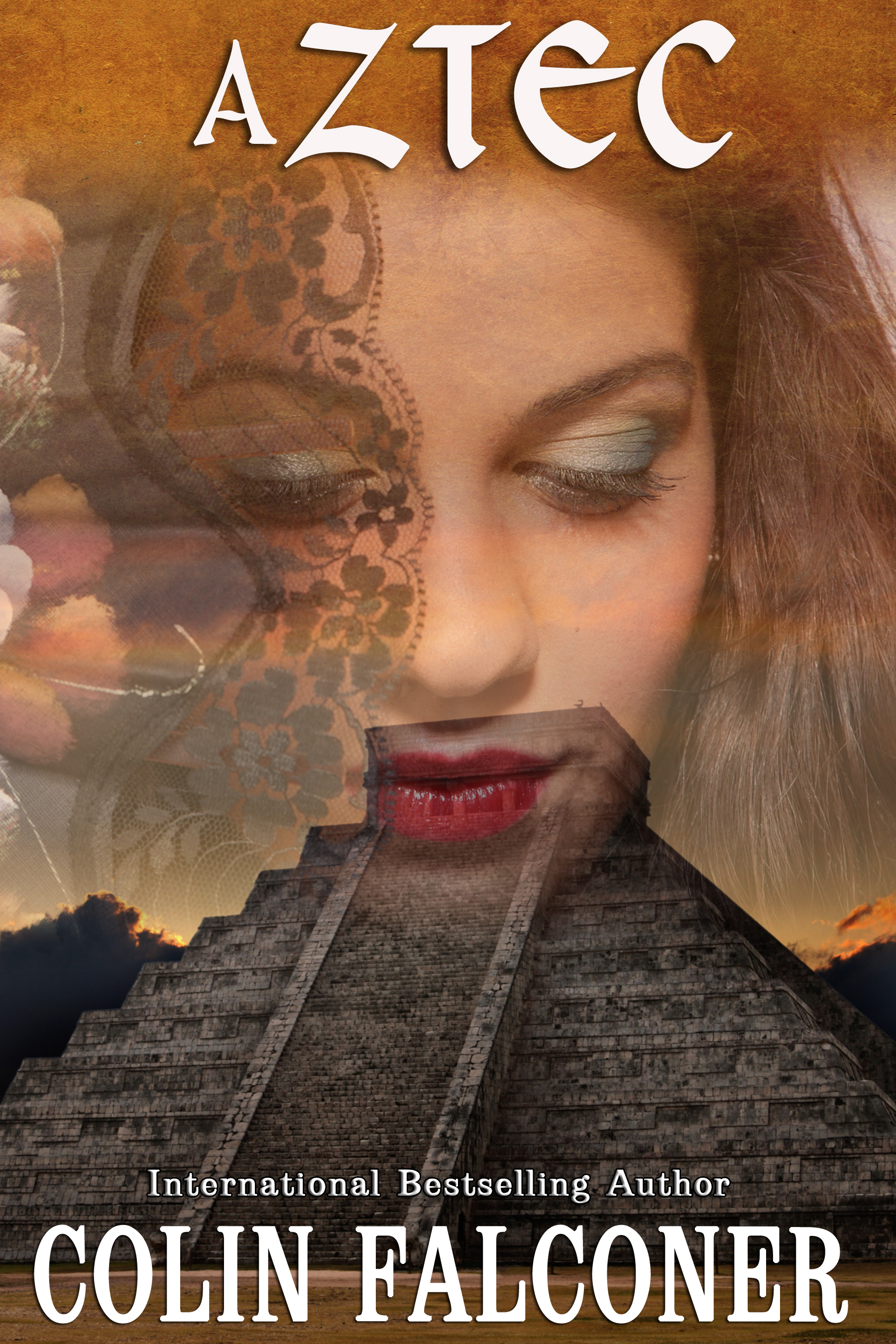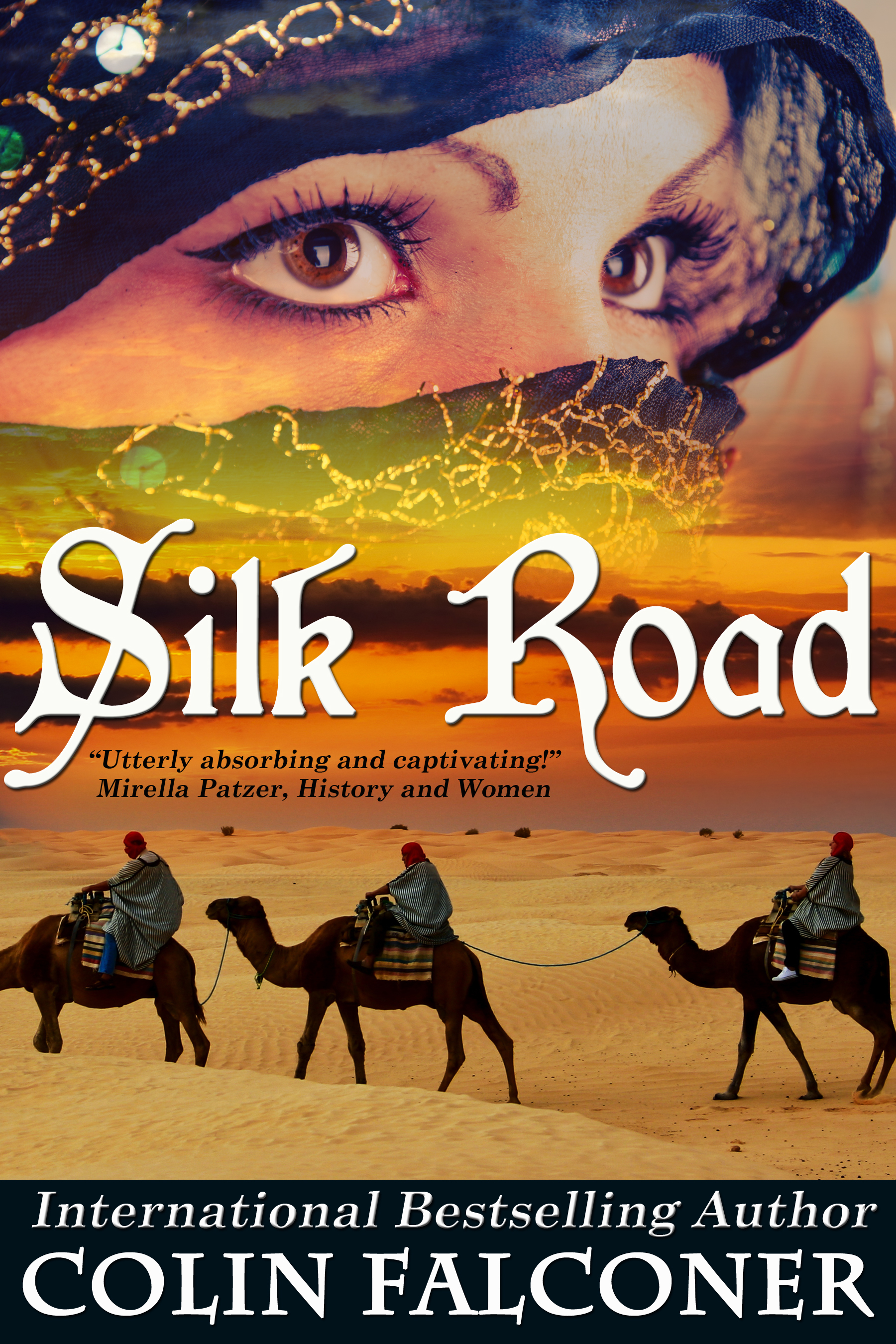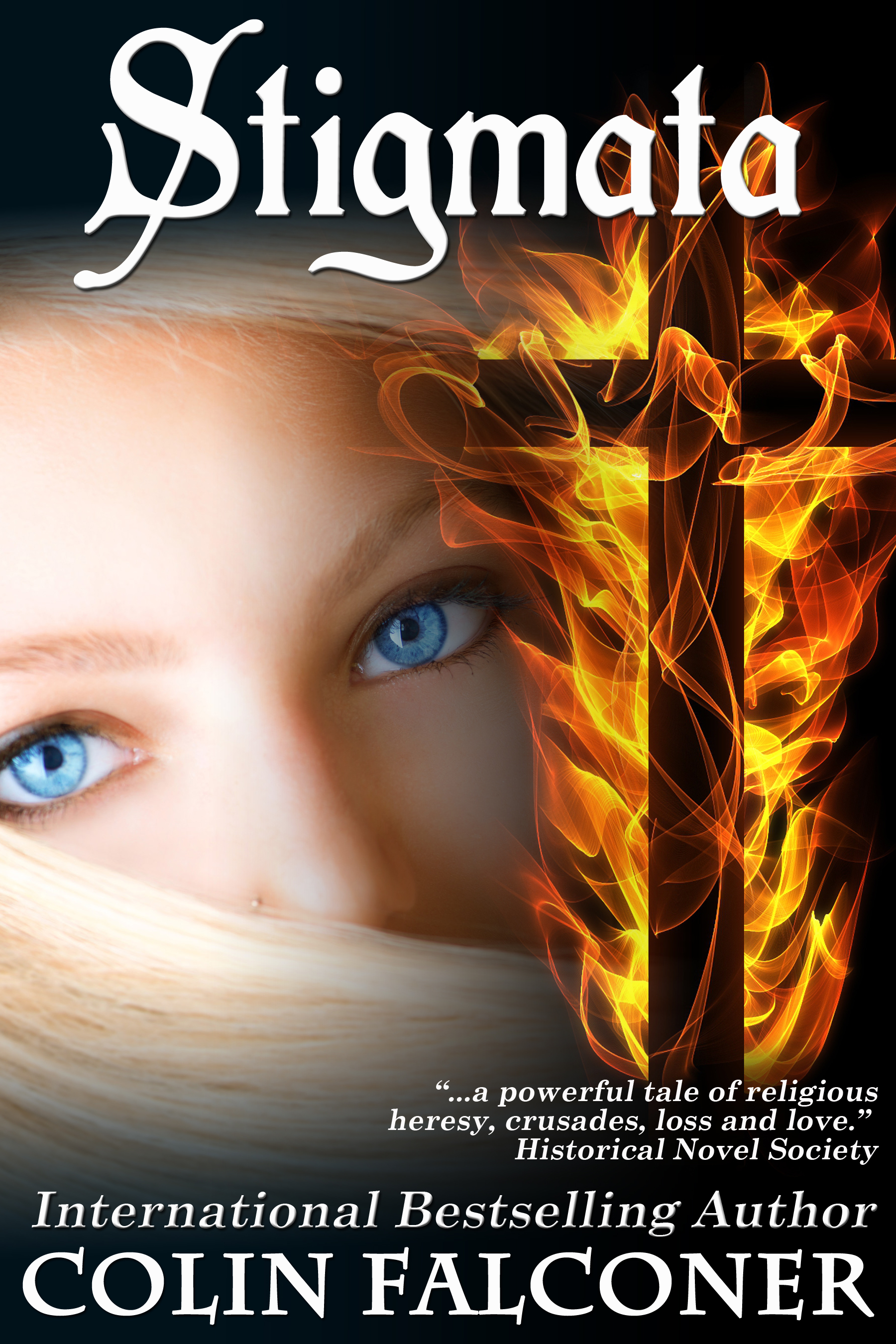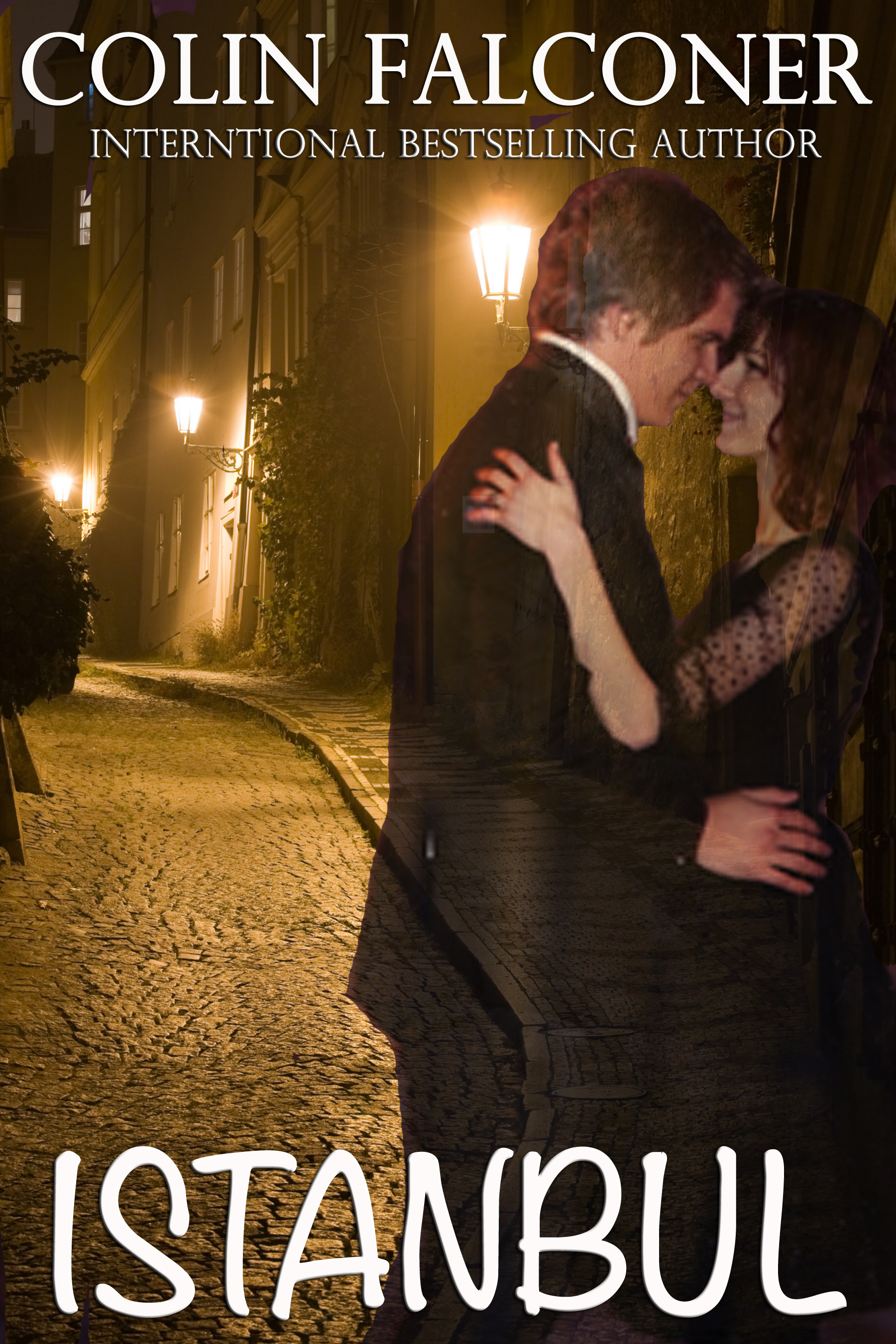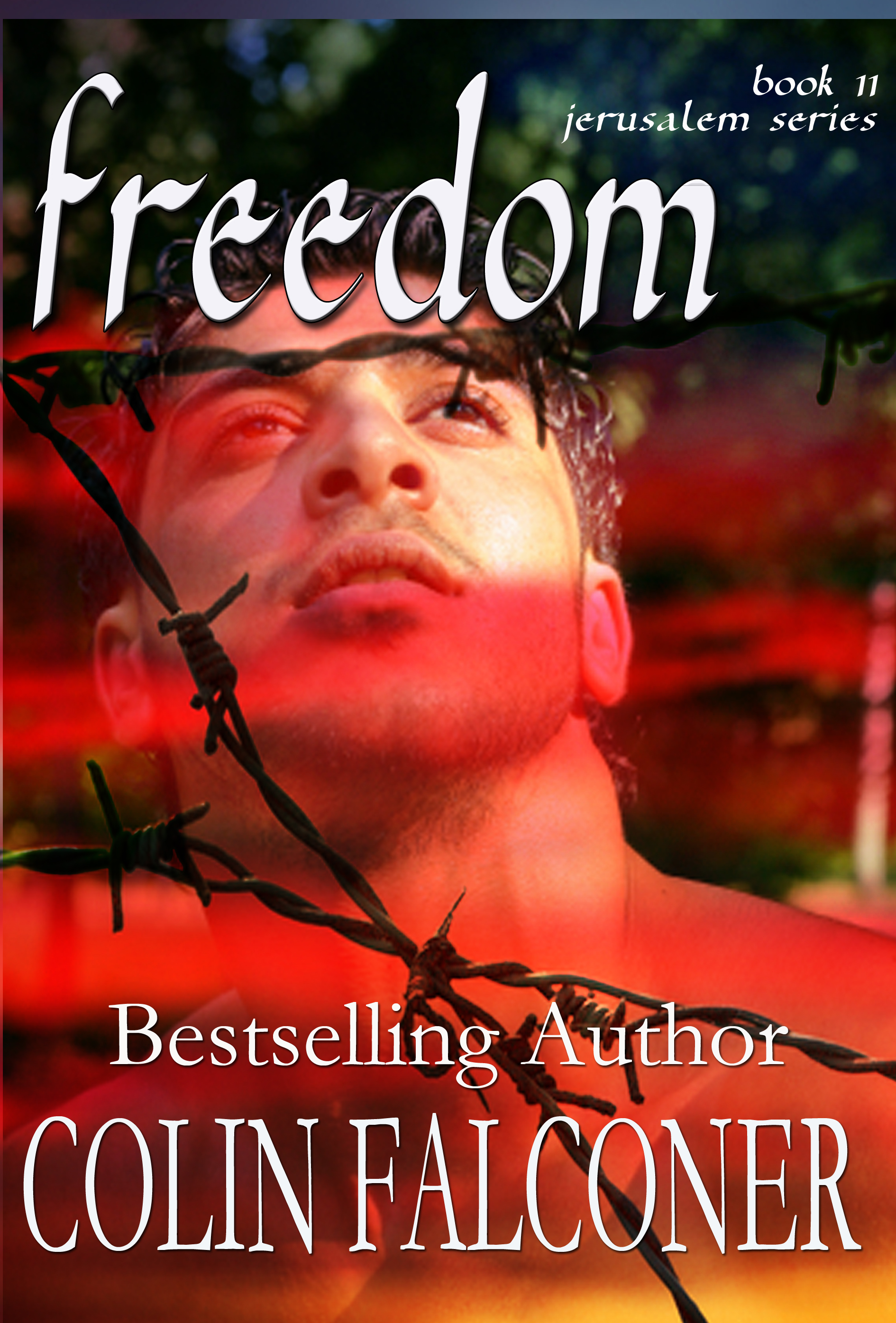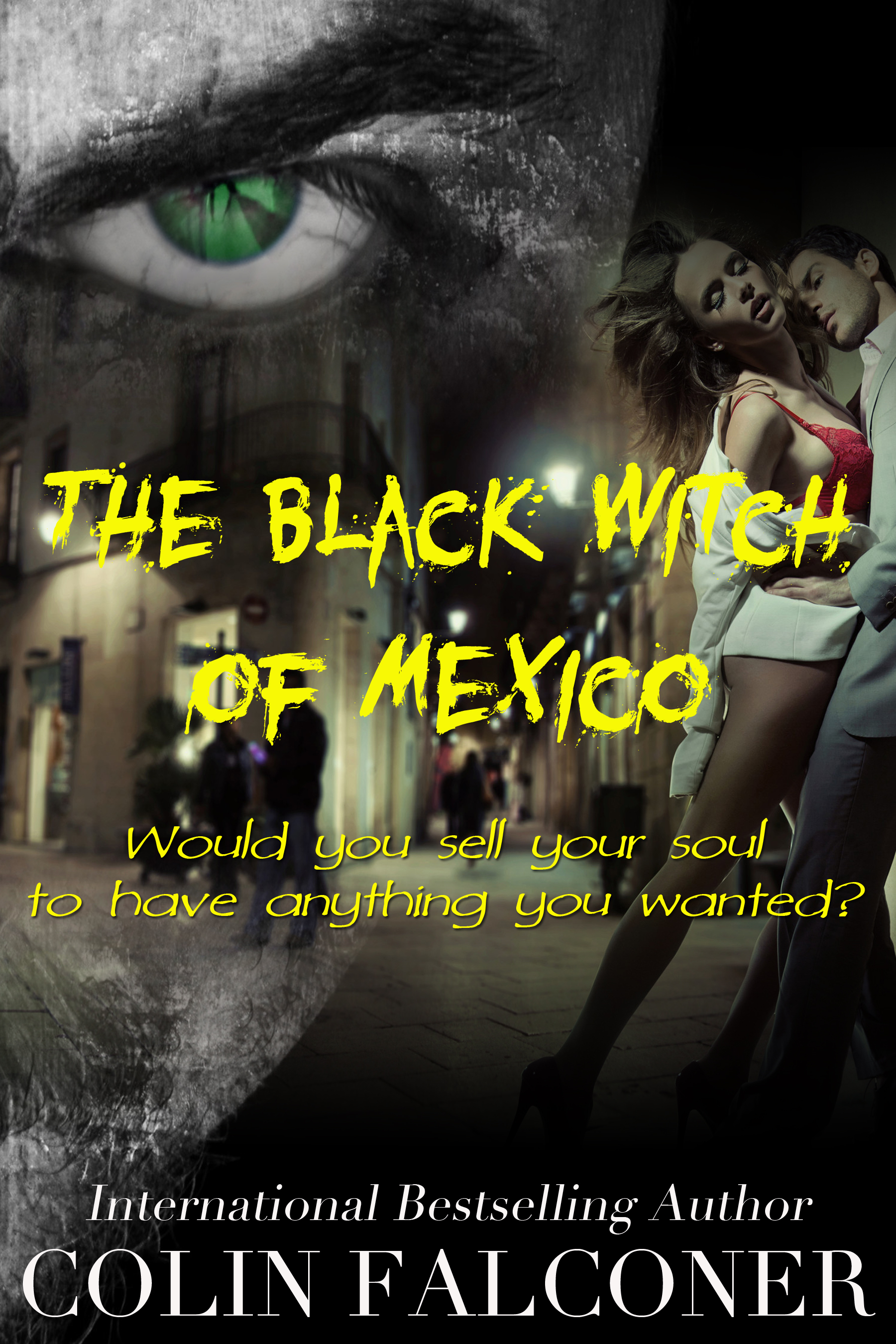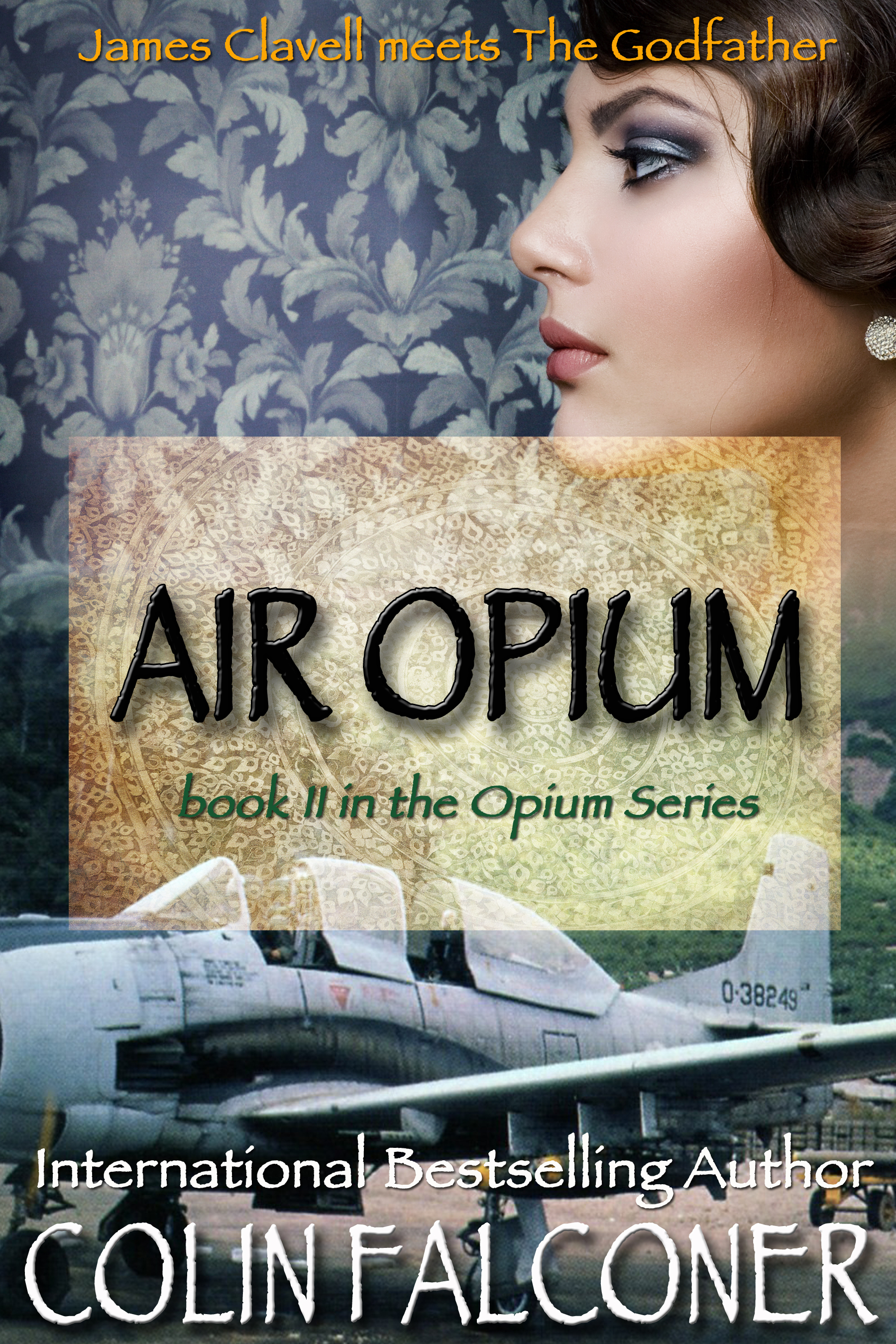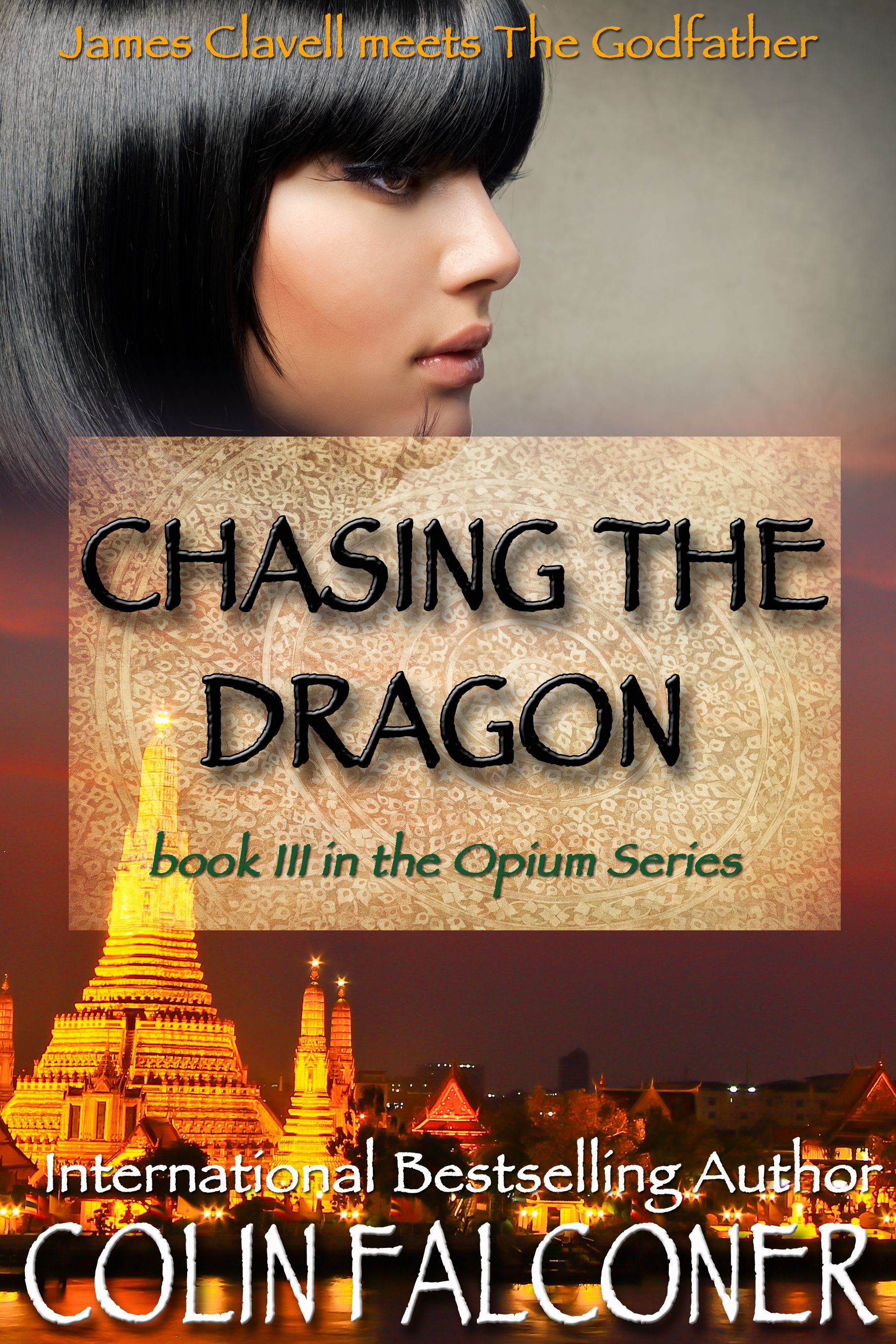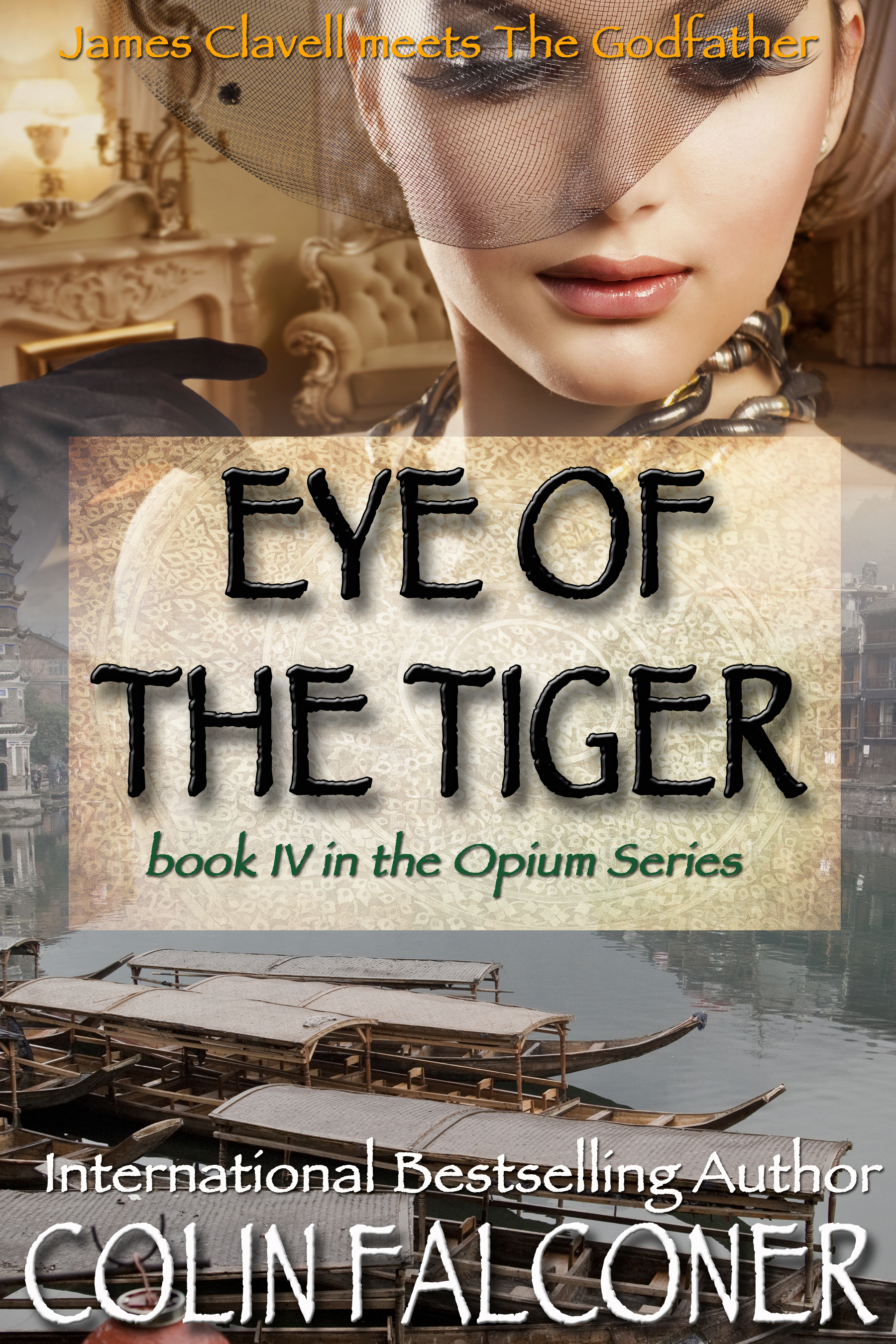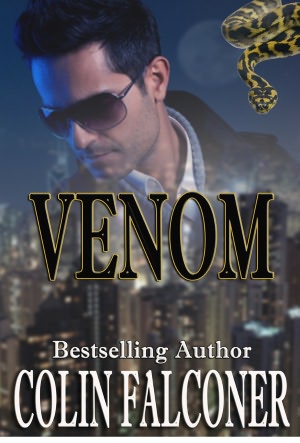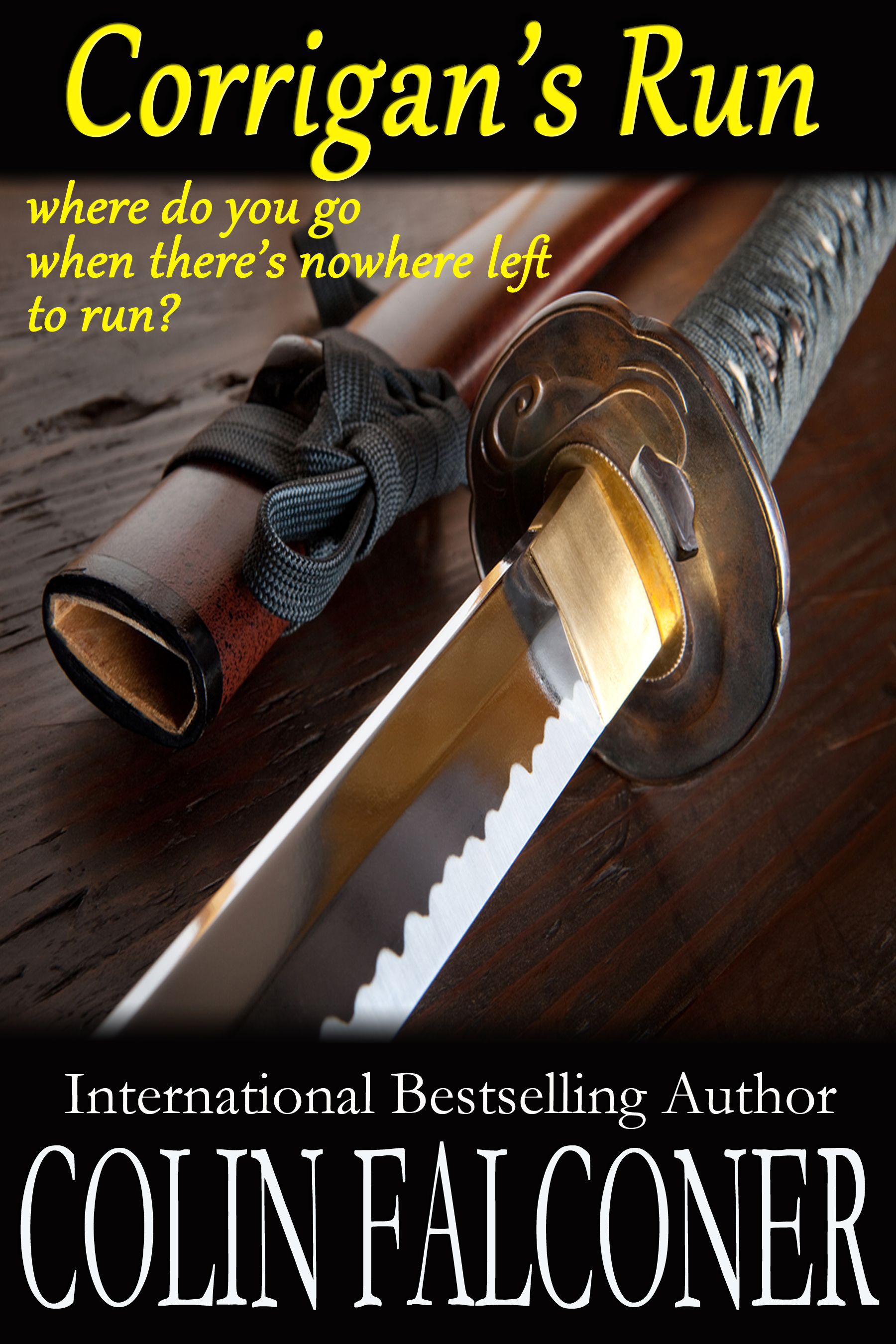VENOM begins in the Saigon of the colonial era, through to the time of the Tet Offensive. During that pivotal moment of Asian history, my character joins the bui doi, living rough on the mean streets of Saigon.
In Vietnamese bui doi means, literally, ‘the dust of life.’ During the Vietnam war it referred most specifically to the Saigon street children, the Amerasian offspring of GI fathers and mostly Vietnamese prostitute mothers.
Because of the massive sex industry that sprung up during the war, there were a lot of them, an estimated fifty thousand by the time U.S. forces withdrew in 1975. They faced a bitter future.
There is a Vietnamese saying that it is better to marry the village dog than a man from somewhere else and this was especially true if that somewhere else was the US. After the Americans left Vietnam, the bui doi bore the brunt of the communists’ hatred toward the United States.
Many Vietnamese mothers destroyed letters and pictures from their American partners - even birth certificates - fearing punishment by communist militias. Without evidence of their American fathers, the children lost the proof they would need in the future for their US visa application.
Destroying the paperwork did little good anyway; in an Asian country, it is impossible to hide blond hair, or round, blue eyes, or curly hair, or dark-brown skin. The children were taunted and harassed by other Vietnamese children and spat on by adults. Life was no picnic for the white-looking bui doi; but life for the my lai-den - those with Afro-American fathers - was pure hell.
| Staff Sergeant Ermalinda Salazar at St Vincent de Paul orphanage in Saigon, 1970 |
Outcast, despised, the fatherless Amerasians and their mothers were forced to live on the fringes of Vietnamese society. Some boys and girls were raped and sold into prostitution. Many roamed the streets scrounging for food or begging for money. Many were rounded up and sent to concentration camps. Some were even forced to de-activate mines with nothing more than a knife. According to one internee, only two out of eight in his section survived
Many mothers gave up their Amerasian children to orphanages, or just abandoned them on the streets. Others were forced to relocate to the New Economic Zones in remote, sparsely populated regions to which adherents of the former “puppet regime” were sent. It was Vietnam’s version of Siberia.
‘Bui doi’ was popularized by the 1989 musical ‘Miss Saigon.’
The Amerasian Homecoming Act of 1987 made it possible for a Vietnamese to obtain a U.S. visa on the basis of appearance alone. About 23,000 Amerasians immigrated to the U.S. under this Act - as well as 67,000 of their relatives. How many of these kin are genuine is still hotly debated.
For the bui doi were not only scorned, they were scammed as well. In 2002, Time Magazine reported the story of an Amerasian called Nguyen Thanh Hien who was rejected by the US Consulate in Ho Chi Minh City for ‘not looking American enough,’ even though he had been denied schooling and employment in Vietnam because of his appearance.
As he left the Consulate he was approached by a woman in a dark suit, who introduced herself to him as ‘Auntie,’ and offered to help him out. She knew someone, she said. She indeed helped him get a visa - provided he claimed four other people as family. He believed she pocketed up to twenty thousand dollars through this arrangement.
| VENOM now on NOOK: http://tiny.cc/bdnf2b |
But Michel Christian would never allow himself to become a victim, either of the communists or the predators. He finds his own terrifying way out of the hell in which circumstances have placed him long before the end of the war: The Beautiful Villain
It is then that his story truly begins.
This week VENOM has been chosen as one of the five picks of the week on Nook First. I hope it keeps readers on the edge of their seat to the end - but afterwards spare a thought, also, for the other 50,000 who made up the dust of life and whose stories have largely been swept away over time.

